#Cathy earnshaw
Text
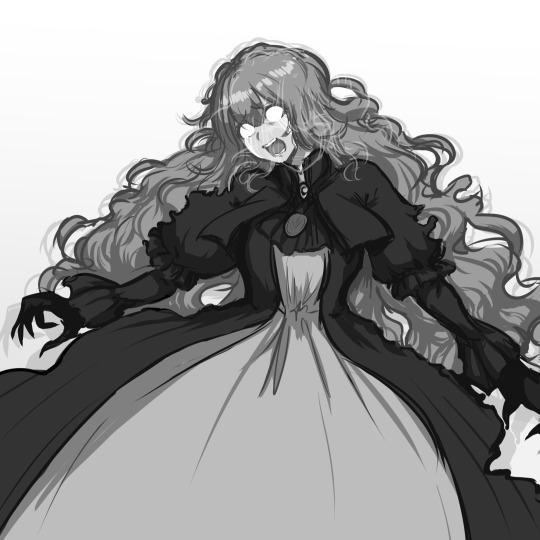
I must be the reason why
#cathy earnshaw#canto vi spoilers#canto 6 spoilers#limbus company#limbus company fanart#art#fan art#digital art#doodle#my art#artists on tumblr
296 notes
·
View notes
Text

im onto something here im unlocking the secrets of the universe im-
#sorry for the endless tags but i NEED to find someone with all 3 of these interests so im casting my net wide#wuthering heights#catherine earnshaw#wutheringposting#cathy earnshaw#heathcliff#heathcliff wuthering heights#phoenix wright#phoenix wright ace attorney#pw:aa#ace attorney#ace attorney trilogy#aa#franziska von karma#karuma mei#von karma siblings#miles edgeworth#mitsurugi reiji#aa jfa#avatar#avatar the last airbender#atla#princess azula#atla azula#azula#venn diagram
233 notes
·
View notes
Text

(40) Wuthering Heights comic 19- married
i really like this idea i had of heathcliff wearing a powdered wig but specifically only when he’s trying to impress cathy or isabella.
#wuthering heights#wutheringposting#wuthering heights heathcliff#heathcliff#catherine earnshaw#cathy earnshaw#isabella linton#comic#comics#webcomic#classic lit#classic lit memes#classic literature#gothic literature#english literature#classic lit art#gothic lit art#english lit art#bookblr
157 notes
·
View notes
Text
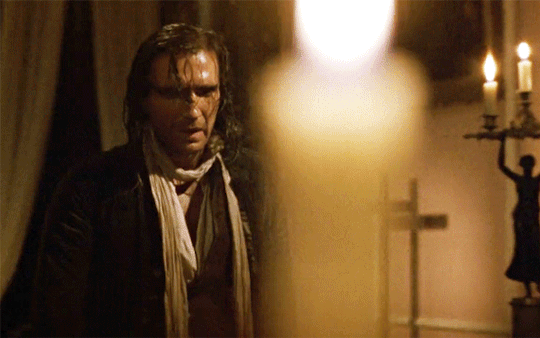
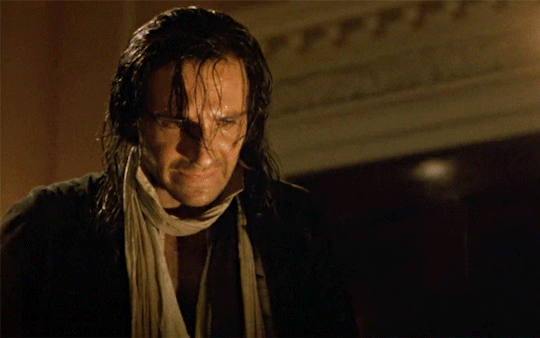
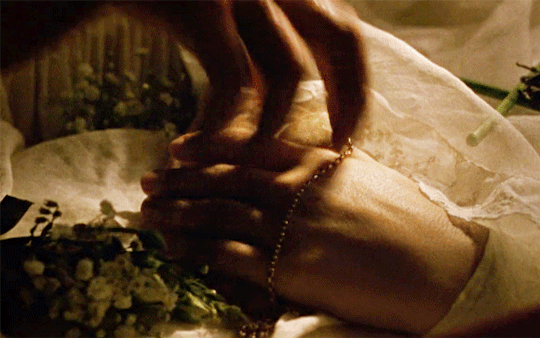
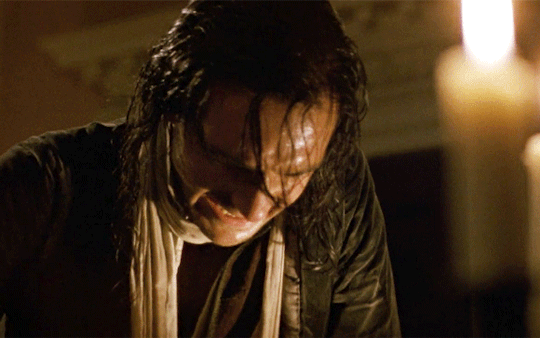
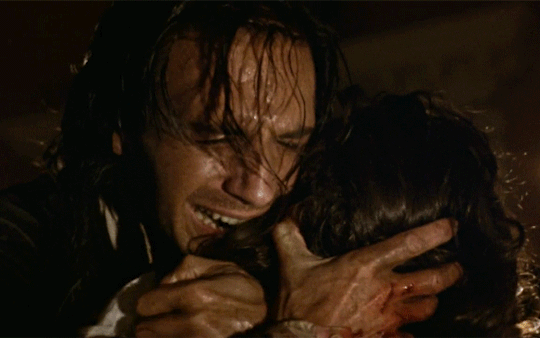
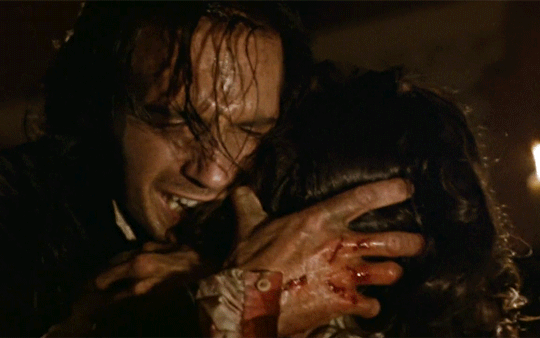
You teach me now how cruel you've been - cruel and false. Why did you despise me? Why did you betray your own heart, Cathy? I have not one word of comfort. You deserve this. You have killed yourself. Yes, you may kiss me, and cry; and wring out my kisses and tears: they'll blight you - they'll damn you. You loved me - what right had you to leave me?
#perioddramaedit#wuthering heights#wuthering heights 1992#cathy earnshaw#heathcliff#ralph fiennes#juliet binoche#emily bronte#weloveperioddrama#filmedit#periodedit#perioddramacentral#userbbelcher#filmgifs#chewieblog#adaptationsdaily#cinemapix#cinematv#period drama#*gifs#*gifset#userrias#userrias gifs#dailycinema#gothic fiction#gothic romance
139 notes
·
View notes
Text


wuthering heights by emily bronte // l'amica geniale by elena ferrante
#l'amica geniale#my brilliant friend#wuthering heights#lila cerullo#raffaella cerullo#cathy earnshaw#catherine earnshaw#parallels#parallel#comparatives#literature#i'll be pushing cathy/lila agenda until i die#web weavings#web weaving
53 notes
·
View notes
Text
haunting the moors all by yourself handsome?
#wuthering heights#the brontës#emily brontë#heathcliff#cathy earnshaw#catherine earnshaw#catherine linton#heathcathy#cathycliff
42 notes
·
View notes
Text
"i want unlikable female characters" bitch you can't even handle cathy earnshaw
78 notes
·
View notes
Text
cathy earnshaw died at age 17. she couldn't even be in the club
70 notes
·
View notes
Text
i think i might become a different person when i finish Wuthering Heights
#your in her dms im shouting across the moors until she hears me etcetc#wuthering heights#heathcliff#cathy earnshaw#genuinely in love with this book
32 notes
·
View notes
Text
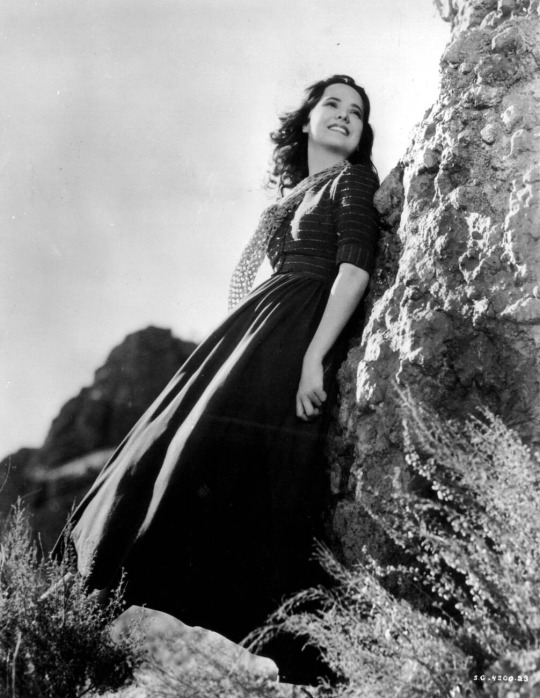
Merle Oberon as Cathy Earnshaw in Wuthering Heights (1939)
#old hollywood#wuthering heights#merle oberon#cathy earnshaw#classic hollywood#wuthering heights 1939
63 notes
·
View notes
Text
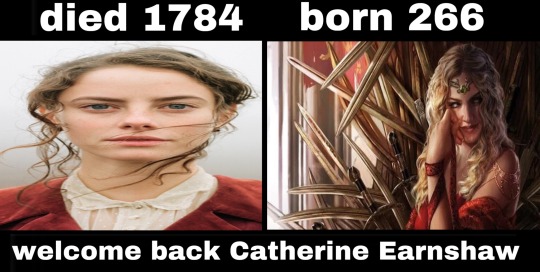
#idk if there's an audience for this#is this how you do the meme#wuthering heights#catherine earnshaw#cathy earnshaw#cersei lannister#cersei#asoiaf
24 notes
·
View notes
Text
Literary Isolation: The Heart of Charlotte Brontë
@faintingheroine answered an ask about Nihal’s isolation in Aşk-ı Memnu and by a series of tangential jumps in my brain, it made me realise that because Charlotte Brontë discourse can often focus very much on Jane Eyre, people don’t necessarily consider just how key a theme isolation, specifically intellectual isolation is in her work, as well as the wider work of women writers of the time.
The most famous example is of course in Villette, where Lucy Snowe is ‘alone’ at the pensionnat over the holidays and becomes ill, mirroring many episodes in Charlotte Brontë’s own life. This is the novel where Charlotte explicitly set out to confront female isolation.
Yet, in this particular instance there are several things to remember, the most mind-boggling being that neither Lucy nor Charlotte were literally alone. There were servants and other lower-class individuals around her who she was unable or unwilling to befriend. The issue is one of a supposedly intellectual difference, but realistically, a class-based difference.
As a governess in English homes and as a teacher/student at the Pensionnat Heger, Charlotte identified that she was operating in a liminal class space. She was neither as lowly thought of as a servant, nor as highly thought of as her employers/students. Even when the holidays were over and she had pupils and other staff members to associate with, Charlotte created false animosities between those who she perceived as above or below her in status, i.e., convincing herself that Madame Heger hated her because she knew of Charlotte’s feelings for her husband (she likely hadn’t a clue), convincing herself that all of her employers hated her (tellingly, reasons less clear). These apparently imagined animosities served to justify the sense of class isolation Charlotte felt and the feelings of isolation, the lack of equal friendships became key elements of her drawn-from-life style.
This isolation from ‘equals’ wasn’t just something Charlotte experienced when away from home, though her sisters and brother certainly supplied the lack. When Maria Brontë, wife of Patrick Brontë was alive, they were social creatures, often visiting and receiving visits from their friends/family in the local clergy, but after Maria’s death, Patrick alienated his female friends by asking them to marry him and, having removed to Haworth not long before Maria’s death, was at a distance from his friends/her relations in the clergy who had their own busy parishes to attend to.
Distance from these friends and business in the parish meant that the young Brontës were mainly in one another’s society; within Haworth itself, the other inhabitants were of a different class and that was a barrier only Branwell was content/able to cross, and not until he was of an age to frequent the public houses. School should have been an opportunity for more socialisation, but after the disaster of Cowan Bridge (the school that inspired Lowood, as repeatedly confirmed by Patrick Brontë and Arthur Bell-Nicholls), Patrick was tentative about sending the girls to their next school, and Anne and Emily both struggled with their health while they were away from home. Charlotte, however, made a few friends, and that she recognised their value can be seen in her handling of isolation in Shirley.
Shirley presents us with a heroine who is also in a liminal class space. She does not belong to the slightly bourgeoise class of new money industrialists, nor wholly to the respectable clergy because of her mother’s past. Yet instead of presenting her with a class equal, Charlotte Brontë presents her with an intellectual equal. Shirley transgresses class to end Catherine’s isolation, but also to end her own isolation as the only woman of status in the area.
One could argue that the Brontës are a unique case, but this is simply not true. There were many isolated parishes in England and no doubt many clergy daughters who grew up without being exposed to other children, and may not have been able to afford to go to school.
Much as Charlotte Brontë likes to distance herself from Austen, the same problem occurs in Emma, when Emma is left as the only woman of her class in Highbury and therefore must either live in complete isolation or associate with those who society believes beneath her. She cannot socialise as an equal, and no doubt there were other young women in Emma’s position, isolated only by their status.
In Wuthering Heights Cathy Linton is isolated in this same way, as were Isabella and Catherine before her. I suspect this is also part of Nihal’s isolation: she is of a particular status and is therefore mostly at home and alone. Those she might associate with are not accessible to her except in public places and until Bihter connects the family with the Melih Bey set, she does not have access to these public places. Yet Cemile is right there! But Nihal is separated from her by status and by false extension, intellect.
The loneliness that these women felt must have been very real, but it’s also difficult for us as modern readers to grapple with the fact that they were very much not alone. They were surrounded by people; the only thing between them and the social pleasure they desire is class structures and false intellectual superiority.
I think my end point is that isolation was a major problem for women of the period and one that is very pressed in literature, particularly the work of Charlotte Brontë. But that problem was not a simple one, and when viewing these works through a modern lens it’s important to recognise the unspoken aspects of these issues.
#charlotte brontë#isolation#jane austen#emily brontë#the brontë sisters#wuthering heights#cathy linton#cathy earnshaw#catherine earnshaw#emma#villette#lucy snowe#aşk ı memnu#nihal
79 notes
·
View notes
Text
#polls#wuthering heights#gothic lit#bronte sisters#emily bronte#hareton earnshaw#catherine earnshaw#catherine linton#cathy earnshaw#cathy linton#mr lockwood#heathcliff#edgar linton#linton heathcliff#isabella linton#nelly
47 notes
·
View notes
Text
i feel like the song Star Me Kitten by R.E.M. fits cathy and heathcliff from wuthering heights in a way
lyrics beneath the cut!
Keys cut, three for the price of one
Nothing's free but guaranteed for a lifetime's use
I've changed the locks
And you can't have one
You, you know the other two
The brakes have worn so thin that you could hear
I hear them screeching through the door from our driveway
Hey, love, look into your glove box heart
What is there for me inside? This love is tired
I've changed the locks
Have I misplaced you?
Have we lost our minds?
Will this never end?
It could depend on your take
You, me, we used to be on fire
If keys are all that stand between
Can I throw in the ring?
No gasoline
Just fuck me kitten
You are wild and I'm in your possession
Nothing's free so, fuck me, kitten
I'm in your possession
So, fuck me, kitten
#eva rambles#r.e.m.#star me kitten#music talk#lyrics#classic lit#classic literature#wuthering heights#rambling#musing#catherine earnshaw#heathcliff#cathy earnshaw#emily bronte#emily brontë
8 notes
·
View notes
Text


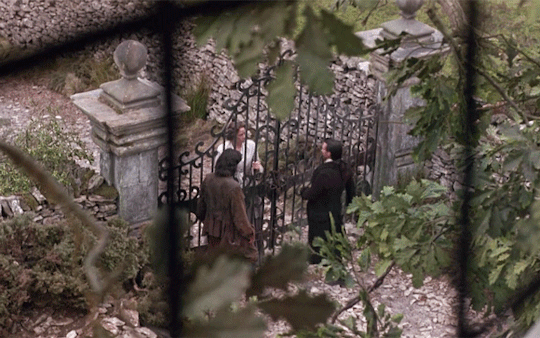
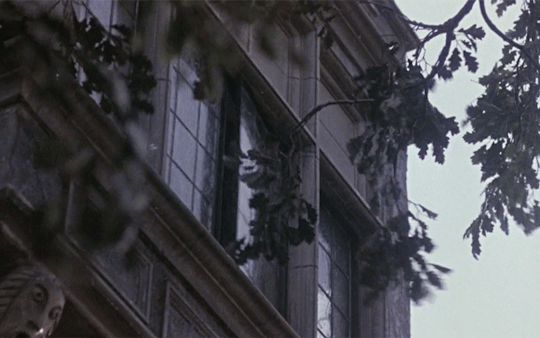
period drama meme [2/4 literary adaptations]:
Wuthering Heights (1992) dir. Peter Kosminsky
#period drama meme#perioddramaedit#wuthering heights#wuthering heights 1992#cathy earnshaw#heathcliff#ralph fiennes#juliet binoche#emily bronte#weloveperioddrama#filmedit#periodedit#perioddramacentral#userbbelcher#filmgifs#chewieblog#adaptationsdaily#cinemapix#cinematv#period drama#*gifs#*gifset#userrias#userrias gifs#dailycinema#period films
113 notes
·
View notes
Text
I know the scenario of Cathys death isn’t exactly a case of choosing to save the mother over child however I think the difference in the nature and priorities of love Heathcliff and Edgar have for Cathy can be summed up through this analogy:
Heathcliff is the husband that would’ve chosen to save Cathy over the baby without a question, prioritising her life and future.
Edgar is the husband who would choose to save the baby over Cathy and raise the child in her memory.
12 notes
·
View notes